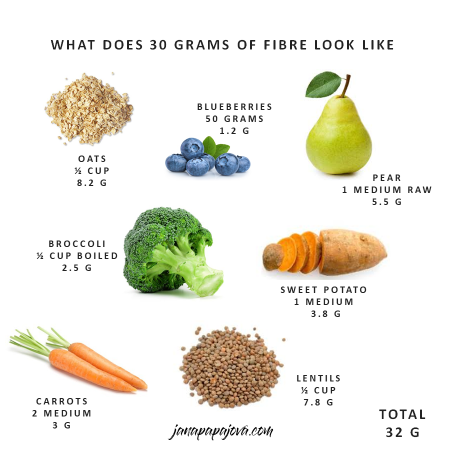The Role of Fiber in a Healthy Diet: Benefits and Sources
Fiber is an essential nutrient that plays a crucial role in maintaining good health. It is found in plant-based foods such as fruits, vegetables, whole grains, nuts, and seeds. Despite its importance, many people do not consume enough fiber in their diets, which can lead to various health problems. In this article, we will explore the benefits of fiber and discuss some of the best sources of this vital nutrient.
Benefits of Fiber
1. Digestive Health
One of the primary benefits of fiber is its role in promoting healthy digestion. Fiber adds bulk to your stool, making it easier to pass through your digestive system. This can help prevent constipation and promote regular bowel movements. Additionally, fiber acts as a prebiotic, feeding the beneficial bacteria in your gut and promoting a healthy gut microbiome.
2. Weight Management
Fiber can also help with weight management. Foods high in fiber are often more filling and can help you feel satiated for longer periods. This can prevent overeating and aid in weight loss or maintenance. Additionally, fiber-rich foods tend to have fewer calories, making them a great choice for those looking to manage their weight.
3. Heart Health
Research has shown that fiber can have a positive impact on heart health. High-fiber diets have been linked to lower cholesterol levels and a reduced risk of heart disease. Fiber can help lower LDL (bad) cholesterol levels by binding to cholesterol and removing it from the body. Additionally, fiber can help regulate blood sugar levels, which is important for overall heart health.
Sources of Fiber
1. Fruits and Vegetables
Fruits and vegetables are excellent sources of fiber. Some of the best choices include apples, pears, berries, broccoli, carrots, and leafy greens. Aim to include a variety of colorful fruits and vegetables in your diet to ensure you are getting a good mix of soluble and insoluble fibers.
2. Whole Grains
Whole grains are another great source of fiber. Foods like oats, brown rice, quinoa, and whole wheat bread and pasta are all high in fiber. When choosing grains, opt for whole grains over refined grains to maximize your fiber intake. Consuming whole grains can also provide additional nutrients like vitamins, minerals, and antioxidants.
3. Nuts and Seeds
Nuts and seeds are nutrient-dense foods that are rich in fiber. Almonds, chia seeds, flaxseeds, and pumpkin seeds are all great choices. These foods are also high in healthy fats, protein, and antioxidants, making them a great addition to any diet. Just be mindful of portion sizes, as nuts and seeds can be calorie-dense.
Conclusion
Fiber is an essential nutrient that provides numerous health benefits. It plays a key role in digestive health, weight management, and heart health. To ensure you are getting an adequate amount of fiber in your diet, focus on consuming a variety of fiber-rich foods such as fruits, vegetables, whole grains, nuts, and seeds. By incorporating these foods into your daily meals, you can support your overall health and well-being.


